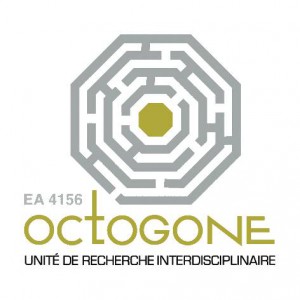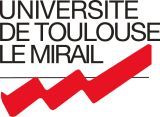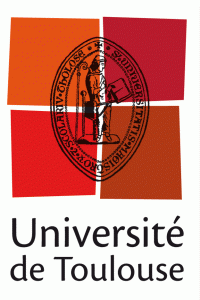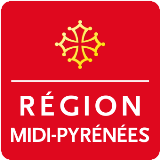download the book of abstracts
Invited talks
Marie-Pierre DE PARTZ, Université Catholique de Louvain
Marina LAGANARO, University of Geneva
Jean-Luc NESPOULOUS, University of Toulouse-Le Mirail
Michel PARADIS, McGill University & UQÀM
The study of acquired language disorders, and specifically the study of aphasia in adult patients, brings together various research perspectives around language and cognitive sciences, such as:
- Neurolinguistics (investigating the neurobiological grounding of language and cognition);
- Psycholinguistics (regarding the different levels of decoding and encoding processes);
- Linguistics (involving different representational levels and their interfaces: phonetics, phonology, prosody, morphology, semantics, lexicon, syntax, discourse, pragmatics, …).
The meeting is dedicated to illustrate different approaches to aphasia research, including qualitative and quantitative studies of language disorders in patients with left hemisphere and / or right hemisphere lesions (stroke, traumatic injury, dementia) — both case and group studies — relating to one or a combination of several of the research areas mentioned above.
The conference particularly invites papers investigating theoretical aspects of language disorders (underlying impairments, functional reorganisation, development of compensation strategies, etc.) or exploring practical aspects (treatment outcomes, novel proposals for therapy, etc.), based on one or several of the following perspectives (but not restricted to them):
- Modelisation of language and cognitive structures and functions;
- Remediation programs for therapy (development of treatment and assessment methods based on clinical research) ;
- Across-thematic perspectives
-Disorders and normality;
-Bingualism and crosslinguistic approaches;
-Empirical and experimental research methodologies;
-Variability and stability of performance;
-Aphasia therapy and recovery, language assessment, treatment programs,
-Spontaneous and elicited strategies and their clinical implications.
We encourage papers exploring dissociations, that are relevant or not, and papers with consideration to language structure, processing and use in pathological contexts and in “normality” with original empirical and experimental methods (computational, formal, corpus analysis, eye-tracking, study of intra- and inter-task, -individual, -language variability, dissociations between modalities : production – comprehension / oral – writing – non verbal, fMRI, PET, awake surgery, …).
The contributions will be presented and discussed during oral (20 minutes + questions) and poster sessions. Additionally, workshops intended to stimulate discussions will be organised, with special focus on:
1- Crosslinguistic and typological approaches;
2- Empirical and experimental methods;
3- Clinical applications: elaboration of treatment programs;
4- Social readaptation of aphasic persons: improving communication to live better.
Abstracts (maximum of 600 words including references) should indicate which type of presentation (talk, poster or talk/poster for a workshop) is preferred.













